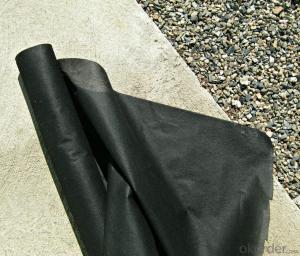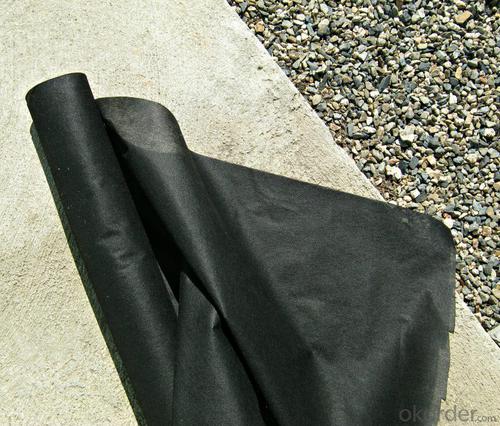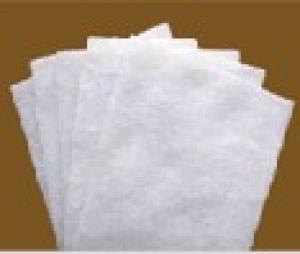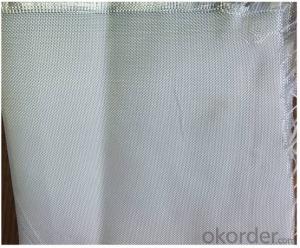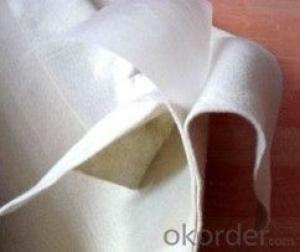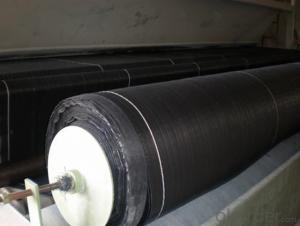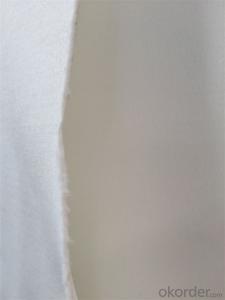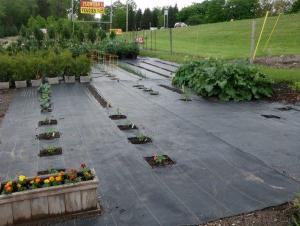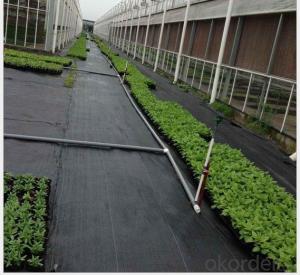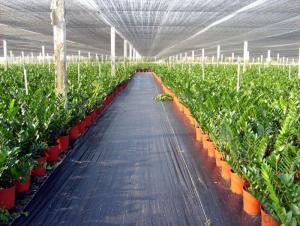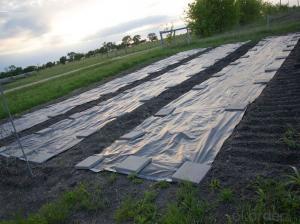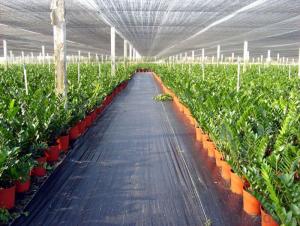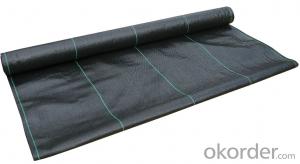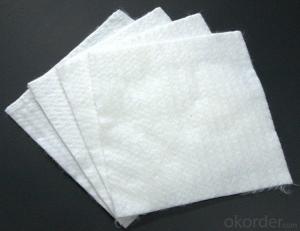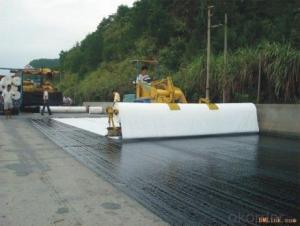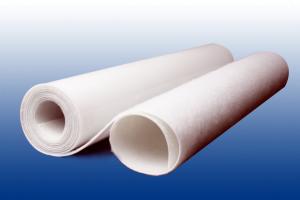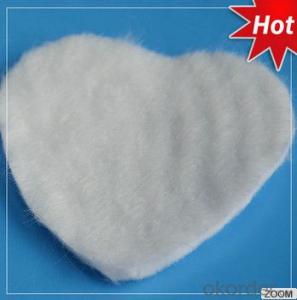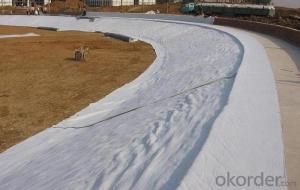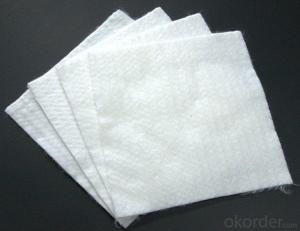8 Oz Non-Woven Geotextile Filter Fabric for Agriculture/160g Woven Fabric Weed Barrier
- Loading Port:
- Qingdao
- Payment Terms:
- TT OR LC
- Min Order Qty:
- 5000 m²
- Supply Capability:
- 100000 m²/month
OKorder Service Pledge
OKorder Financial Service
You Might Also Like
Specification
1.Woven Fabric Description:
The weed barrier fabric is a kind of vertical and horizontal weaving plastic woven cloth. It has good quality of permeability,water seepage and Prevention and control of weeds. Widely used in gardening and agriculture.
Most areas in order to control weeds and prevent the plant roots drill ground Commonly used blow molding of the PE film as grass cloth.Because of the PE film is transparent,sunlight an through the PE film sunlight to PE membrane under the weeds,weeds can for photosynthesis, not prevent weed growth.
And the PE film sealing good, poor permeability, water penetration ability is insufficient, make the plant roots absorbing water ability is insufficient, affect plant growth, increased permeability is low geothermal could lead to a plant's root rot.
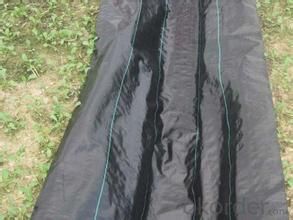
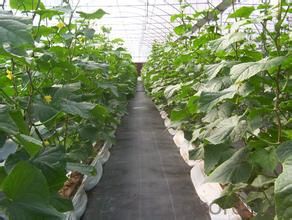
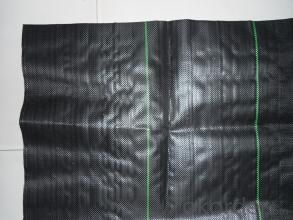
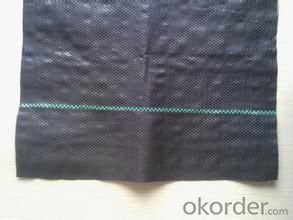
2.Woven Fabric Functions and Features:
1)Excellent weed control
2)Excellent UV resistance
3)Moisture,fertilizers,air reach plants to allow for healthy soil
4)Good water and air permeability
5)Exceptional toughness and strength
6)Durable,tear-resistant,anti-rot and anti-mildew
7)Light weight,easy to install,follows natural ground contours
8)Ideal for use in landscaped beds,under decks and walkways
9)Fashionable design,high quality,competitive price
10)Long service life
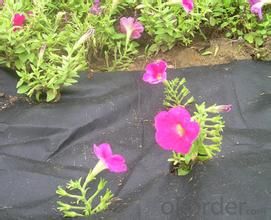
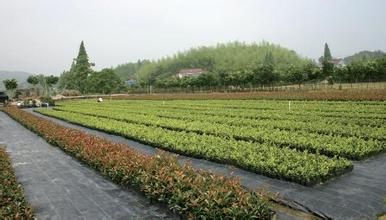
3. Woven Fabric Usage:
1.Prevent leakage disposal in landfill or waste water or waste dregs disposing field.
2.River bank ,lake dam ,mine remainings ,resevoir ,tunnel ,liquid storage pool(pit ,mine)
3.Preventing leakage in subway ,basement ,tunnel ,hole .
4.Anti-salt leakage in roadbed and other ground sill.
5.The plane direction laying of dam ,the vertical direction laying for ground sill.used in the construction fence and waste material field.
6.Used in ground sill of road ,highway ,railway and waterproof layer of welling clay and wet collapsed loess.
7.Preventing leakage on rooftop.
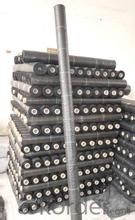
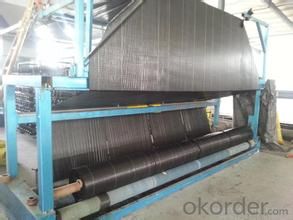
4. FAQ:
Q1: What is your minimum order quantity?
A:The minimum order quantity is 5000 ,but it is negotiable.
Q2:What is your payment terms?
A: T/T,Western Union,Paypal,L/C...
Q3:What is your delivery time?
A:Production time usually costs 2-20 days.
Waiting to cooperate with you!
- Q: What are the specifications for geotextiles in subsurface drainage projects?
- The specifications for geotextiles in subsurface drainage projects typically include requirements for the material's strength, permeability, filtration properties, and durability. These specifications ensure that the geotextile can effectively separate soil particles from the drainage media, prevent clogging, and maintain its functionality over time. Additionally, the specifications may also address the geotextile's dimensions, weight, and installation guidelines to ensure proper performance in subsurface drainage applications.
- Q: Artificial lake geotextile practices
- Library and slope with a composite geomembrane all laying, I specialize in the production and construction of geotextile materials
- Q: What are the potential drawbacks of using geotextiles?
- Some potential drawbacks of using geotextiles include the high cost of materials and installation, limited durability in certain environments, potential for clogging due to fine particles, and difficulty in recycling or disposing of used geotextiles. Additionally, improper installation or selection of geotextiles may not provide the desired results, leading to project failure or inefficiency.
- Q: Non-woven fabrics, geotextiles and geotextile geotextile
- The same material that I specialize in producing
- Q: Tunnel without sand concrete, geotextile, seepage blind pipe construction sequence
- In accordance with the order of seawater blind pipe geotextile sandless concrete, I specialize in producing geotextile materials
- Q: What is the role of geotextiles in soil reinforcement?
- Geotextiles play a crucial role in soil reinforcement by providing strength and stability to the soil. They are used as a barrier or separator between different soil layers, preventing mixing and maintaining their individual characteristics. Geotextiles also help in distributing the load and reducing the potential for settlement or erosion. Additionally, they aid in filtration, allowing water to pass through while retaining soil particles, thus preventing clogging and maintaining the overall integrity of the soil structure.
- Q: Can geotextiles be used in coastal revetment works?
- Yes, geotextiles can be used in coastal revetment works. Geotextiles are commonly used as a component in coastal revetment systems to provide erosion control and stabilization. They can help to reinforce the soil, prevent erosion, and enhance the stability of the revetment structure.
- Q: Can geotextiles be used in the construction of agricultural ponds?
- Yes, geotextiles can be used in the construction of agricultural ponds. Geotextiles can be employed as a barrier or liner in the pond to prevent seepage, erosion, and contamination. They help in stabilizing the soil and provide reinforcement, ensuring the longevity and durability of the agricultural pond.
- Q: Geotextile need to adjust the humidity before sampling, what does this mean
- probably. For the first time I heard that geotextiles were sampled to be wet.
- Q: What are the advantages of using geotextiles in shoreline stabilization?
- Geotextiles offer several advantages in shoreline stabilization. Firstly, they act as a barrier, preventing erosion caused by waves, tides, and currents. They effectively hold the soil in place, reducing the risk of land loss and maintaining the integrity of the shoreline. Secondly, geotextiles are permeable, allowing water to pass through while retaining the soil particles, which helps in maintaining a stable and balanced ecosystem. Additionally, they are durable and resistant to UV degradation, ensuring a long lifespan and reducing the need for frequent maintenance. Lastly, geotextiles are easy to install and cost-effective compared to traditional methods, making them a practical choice for shoreline stabilization projects. Overall, geotextiles provide a sustainable and efficient solution to protect and enhance coastal areas.
Send your message to us
8 Oz Non-Woven Geotextile Filter Fabric for Agriculture/160g Woven Fabric Weed Barrier
- Loading Port:
- Qingdao
- Payment Terms:
- TT OR LC
- Min Order Qty:
- 5000 m²
- Supply Capability:
- 100000 m²/month
OKorder Service Pledge
OKorder Financial Service
Similar products
Hot products
Hot Searches
Related keywords
